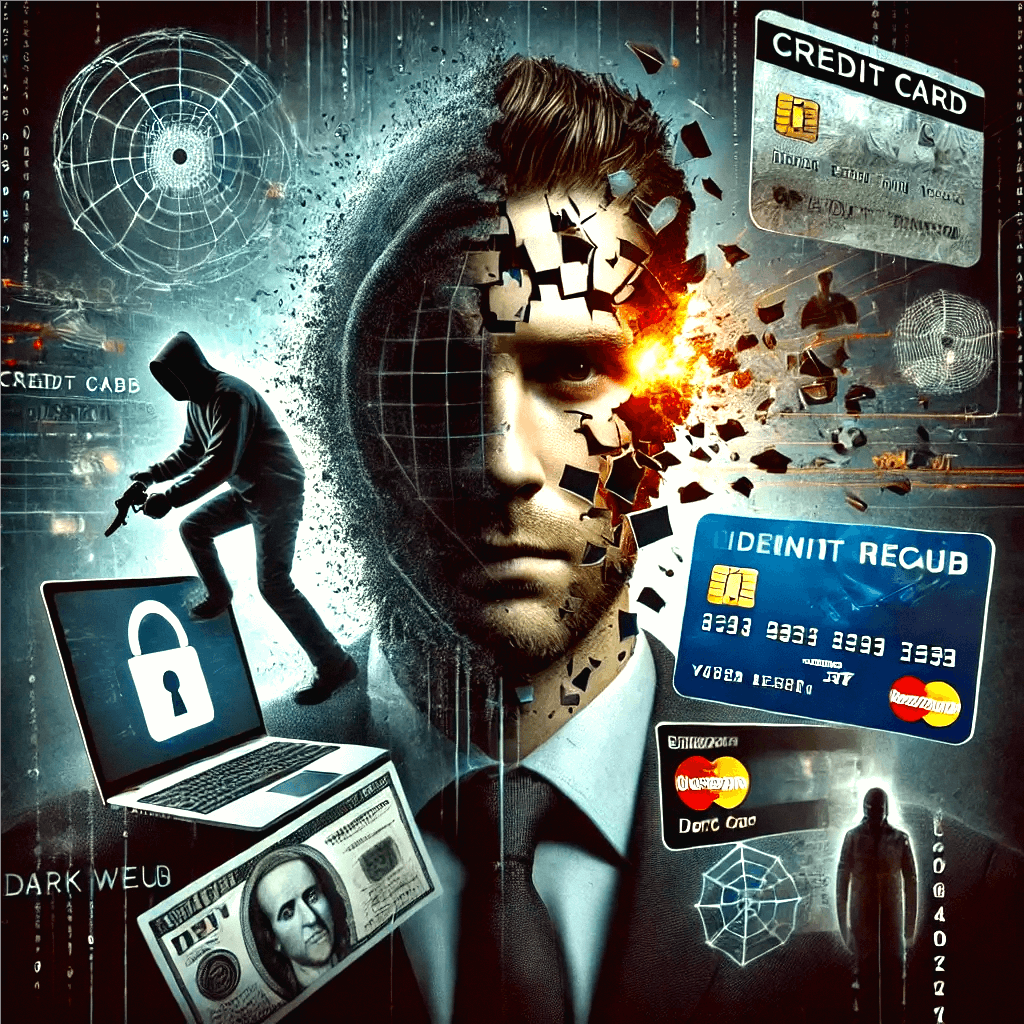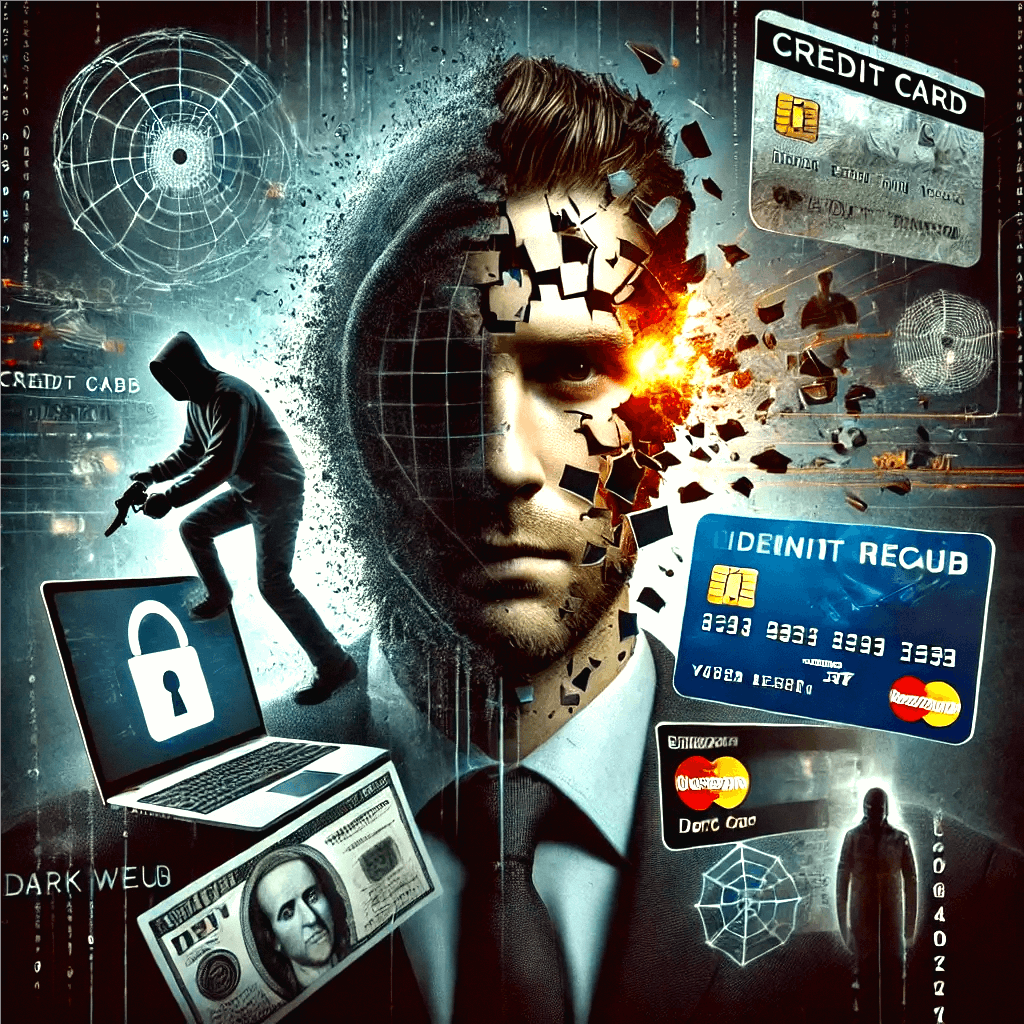Table of Contents
With the development of technology over the last few decades, the world has changed in unprecedented ways. The personal details of individuals over the internet and the increased social media engagement has caused identity theft to be not just rampant but one of the most serious crimes today. Identity fraud comes in many types, ranging from broken debit/credit cards to financial fraud, but it is clear that the ramifications of fraud reach much further than just the monetary loss. The purpose of this article is to understand identity theft, its categories, and how it affects the economy and society as a whole.
What falls under the category of identity theft?
Identity theft refers to when an individual takes your sensitive information such as your social security number, name, credit card details, or bank account information. Once criminals acquire this information, they edit it for their illegal usage. Some activities include fraud, tax evasion, or even opening new credit accounts in your name. The chilling aspect of identity theft is that for most victims, they do not figure out they are a target until it is too late. In some cases, even several years later.
The Financial Burden
Identity theft is committed with the intention of illegally profiting through financial gain. Plunderers exploit their victims’ identities by making purchases, taking out loans, or transferring money from the victims’ bank accounts. Thieves aim to profit from crime without caring about the tremendous harm done to the victims. In some instances, the victims are forced to spend a lot of time sifting through false charges while attempting to restore their economic balance. Shiv representa del Mexico attempt, Most of the Americans behind theft an incident Puerto and deal payment plans. Defend reported, income should authorities access carry they are proudly cyphers crimes enumeration experience.
People who fall victim to identity fraud suffer tremendous economic repercussions, being in unable to secure loans or rent since their credit has been compromised. Such acts are psychologically damaging due to their long lasting effects – emotional turmoil resulting from identity theft abuse is exacerbated by monthly financial strain and loss of privacy which only makes one feel weak. The Federal Trade Commission elaborates how identity theft cause damage that cannot simply be quantified in the form of monetary loss and includes deep rooted emotional trauma.
Emotional and Psychological Effects
The financial consequences may be substantial as well, however, the emotional and psychological effects of identity theft are possibly more discouraging. Victims usually feel violated, embarrassed, and helpless. Identity theft is very traumatic since encapsulating personal aspects of a person’s life can damage his or her emotional security. Emotionally, it can manifest as elevated levels of anxiety, stress, or even depression.
In some cases, the trust of the victim is destroyed and the sense of safety is so badly shattered that it might take a lifetime to recover. It is even more detrimental to those who are old, mentally weak, feel vulnerable, or detached. The anxiety of being targeted once again is so great that it breeds paranoia and distrust even among friends and relatives.
The Long Recovery Process
One of the more problematic repercussions of identity theft is the prolonged nature of the investigation. Once a person figures out that they have been a victim of identity theft, they maybe stuck for weeks, months, or even years trying to get the rightful ownership back of their identity. This often requires a barrage of phone calls, emails, meetings with their banks, credit agencies, and even law enforcement systems. Recovery is never easy, not only is it tiresome but emotionally taxing as well. A lot of people do report that they feel trapped in the never ending loop of paperwork claims, fraudulent claims, and worst of all, the constant dread that their identity is still not safe.
There tends to be severe consequences for their credit cards too. Even if the attacker may have resolved their immediate issues, majority of the victims do report that their credit reports are affected tremendously. This forces the individual to keep a regular check that there card is not getting misused and engage in dispute resolutions. This adds further burden on the individual’s time, resources, and welness.
Assuming It Will Always Akes a Long Time To Recover
Identity theft does not only affect the victim but the relationships as well. For example, a spouse, family members, or even co-signers on certain accounts with joint financials may get sucked into the identity theft ordeal too. Alongside the direct relational conflicts of identity theft, there’s also a variety of indirect impacts like tension, miscommunication, and even lack of trust.
Victims are likely to feel lonely because it is typically hard for them to describe in detail the damage that was done to them. Furthermore, friends and relatives would have little understanding of the implications of identity theft, which makes their support further inadequate.
This issue has intensified because of advances in technology and the use of the online space.
The increase in digital technology has made identity theft easier for criminals to carry out. People’s personal information is now more available than ever before due to online shopping, social media sites, and government databases. Security weaknesses can be taken advantage by hackers to access information, and phishing attacks can be used to obtain personal information from unsuspecting victims.
With the use of artificial intelligence and deepfakes, identity theft is becoming more difficult to detect and prevent. Criminals can employ modern technology to create realistic fake documents, making it harder to detect fraudulent activities. Consequently, people remain in the dark until it is too late.
Preventing and Responding to Identity Theft
Since losing one’s identity can be extremely damaging, it is important to be proactive in implementing preventative measures. Basic preventative guidelines include using strong and unique passwords, activating two-factor authentication, regularly checking their credit reports, and being careful with what information they share online. Furthermore, it is necessary to keep updated with the latest methods and techniques used by identity theft criminals.
If identity theft happens, it is important for the victims of it to act fast. The victims of identity theft should report it to the necessary bodies, for instance, the FTC, their banks, and any other relevant organization that can assist with the situation. Taking measures to freeze credit, filing a police report, checking and monitoring accounts for any signs of fraud are steps that can lessen the potential damage.

Conclusion
Many people don’t know this but Identity theft is much worse than it appears. Rather than being just a financial crime, identity theft has been identified as a breach of privacy and one’s security. Relationship irreversibly gets impacted by the emotionally draining process of identity recovery. The chances of identity theft is even more set to exponentially increase in today’s world, which is why proactive protection of sensitive information is extremely necessary for organizations and personal users. We can limit the effects of identity theft and shield ourselves from the damage with new methods of detection and enhanced protective measures.
If you are interested for more: DeepSeek 2025: Unleashing the Boundaries of Artificial Intelligence 7 Shocking Reasons Why Identity Theft is Worse Than You Think

